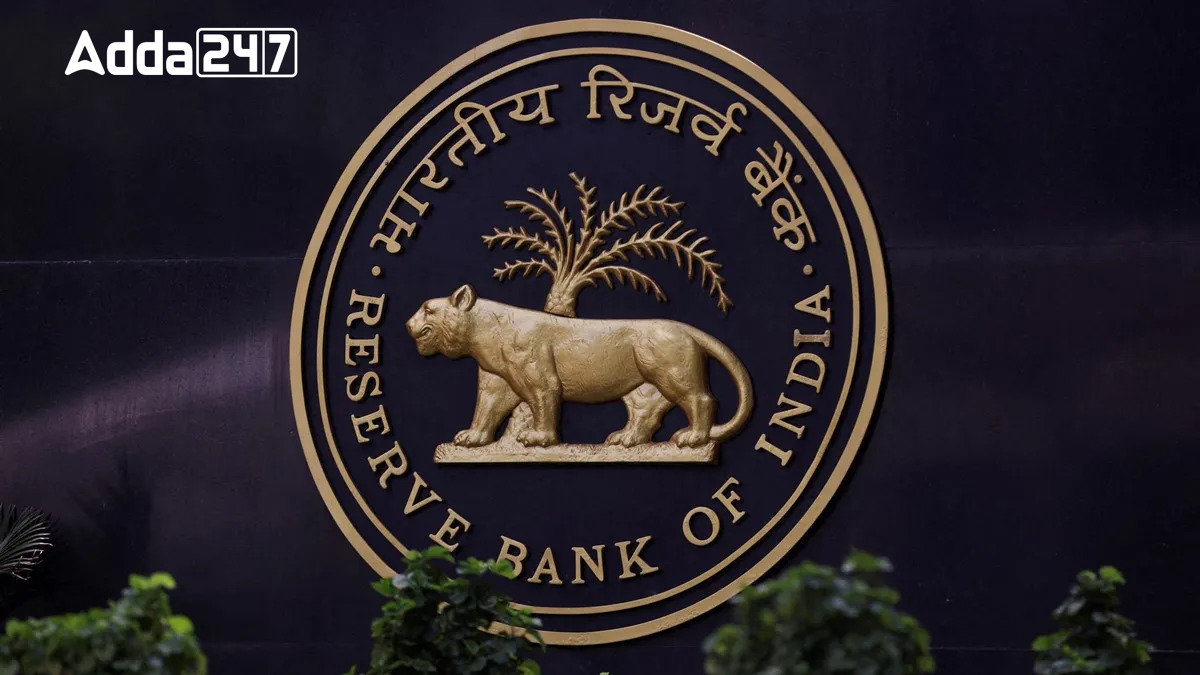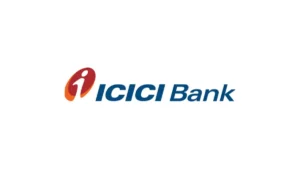The Reserve Bank of India (RBI) has introduced stricter regulations for Housing Finance Companies (HFCs) to bring their public deposit norms in line with those for Non-Banking Financial Companies (NBFCs). This move aims to enhance regulatory parity between the two sectors.
Revised Deposit Limits
Ceiling Reduction: The RBI has halved the ceiling on the quantum of public deposits that HFCs can hold from 3 times to 1.5 times their net owned fund (NoF). HFCs exceeding this limit must cease accepting or renewing public deposits until they comply with the new cap. Existing excess deposits can mature as scheduled.
Maturity Period: The maximum period for which HFCs can accept or renew public deposits has been reduced from 120 months to between 12 and 60 months. Deposits with maturities beyond 60 months can be repaid according to their current terms.
Enhanced Liquidity Requirements
Liquid Asset Ratio: HFCs are now required to maintain liquid assets at 15% of public deposits. This is being phased in, with a requirement of 14% by January 1, 2025, and 15% by July 2025.
Asset Cover: HFCs must ensure full asset cover for public deposits at all times and report any shortfall to the National Housing Bank (NHB).
Additional Regulatory Measures
Regulatory Parity: HFCs will now adhere to the same regulations as NBFCs concerning branches and agents collecting deposits.
Investment Limits: HFCs must establish board-approved internal limits for direct investments in unquoted shares of non-subsidiary companies and companies not in the same group.
Hedging and Market Participation
Hedging Instruments: HFCs are now allowed to hedge operational risks using currency futures, interest rate futures, and credit default swaps (CDS). They can buy CDS for credit risk protection but cannot sell protection or enter short positions.
Market Participation: Non-deposit-taking HFCs with assets over Rs 1,000 crore can participate in currency options exchanges, while all HFCs can engage in interest rate futures.




 SEBI Revamps New Mutual Fund Rules 2026 ...
SEBI Revamps New Mutual Fund Rules 2026 ...
 PhonePe Launches AI-Powered Natural Lang...
PhonePe Launches AI-Powered Natural Lang...
 ICICI’s New Swasthya Pension Scheme: A S...
ICICI’s New Swasthya Pension Scheme: A S...








